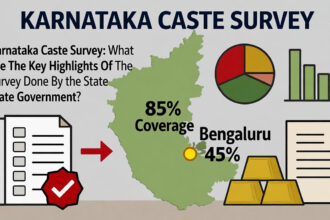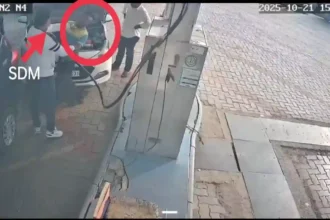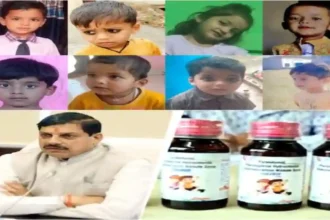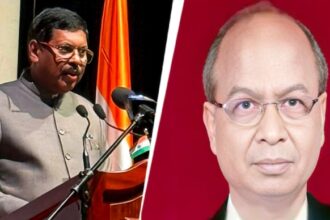The Indian diaspora, numbering over 1.8 million in the UK and 4.8 million in the US, has achieved remarkable success in Western countries, excelling in fields like engineering, medicine, and technology, often surpassing native populations in wealth, education, and professional attainment. Since India’s independence, migration to the West has surged, driven by opportunities for skilled professionals, positioning India as a global hub for talent. However, the term “South Asian,” commonly used to describe people from India, Pakistan, Bangladesh, and other regional countries, is increasingly seen as a liability for Indians abroad. Originally embraced by Indians to foster a collective identity, this label now risks tarnishing their reputation due to its association with negative stereotypes and criminal activities linked to other South Asian nationalities, particularly Pakistanis and Bangladeshis. The Indian diaspora is pushing back, advocating for a distinct Indian identity to preserve their cultural heritage and distance themselves from unfair generalizations.
One significant issue fueling this rejection is the misattribution of crimes, notably in the UK, where grooming gangs predominantly involving Pakistani Muslim men have been controversially labeled as “Asian” or “South Asian” by the media. For instance, in Rotherham, Pakistani men accounted for 64% of child sexual exploitation cases under Operation Stovewood, yet the broader “South Asian” label implicates Indians, who are significantly underrepresented in UK prison populations at just 0.4% compared to 18.1% for Muslims, many of Pakistani origin. This mislabeling not only dilutes accountability but also unfairly stigmatizes Indians, who face reputational damage despite their community’s strong work ethic and low crime rates. Similarly, in Ireland, recent violence against Indians has been linked to tensions arising from crimes associated with other South Asian groups, placing Indians in the crossfire of misplaced blame. The Indian diaspora’s frustration is compounded by cultural appropriation, with festivals like Diwali being rebranded as “South Asian,” erasing their Hindu and Indian roots.
The post-9/11 era in the US further highlights the dangers of the “South Asian” label, particularly for Sikhs, who faced hate crimes due to being mistaken for Muslims or Arabs amid anti-South Asian sentiment. For example, the 2021 Indianapolis FedEx shooting, where four Sikh Americans were killed, underscored how South Asians are often excluded from broader “Asian” hate crime discussions, leaving their experiences underreported. The term “South Asian,” rooted in colonial-era categorizations, is now viewed as a tool that obscures India’s unique civilizational identity and lumps it with nations whose social and cultural realities differ starkly. Indians abroad are increasingly rejecting this label, with groups like Insight UK and the Coalition of Hindus of North America (CoHNA) advocating for precise recognition of Indian heritage. By proudly embracing their Indian identity, the diaspora seeks to shed the “South Asian” noose, ensuring their achievements are celebrated and their reputation remains untarnished by the actions of others.















